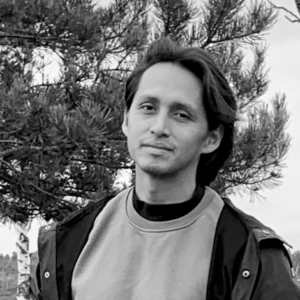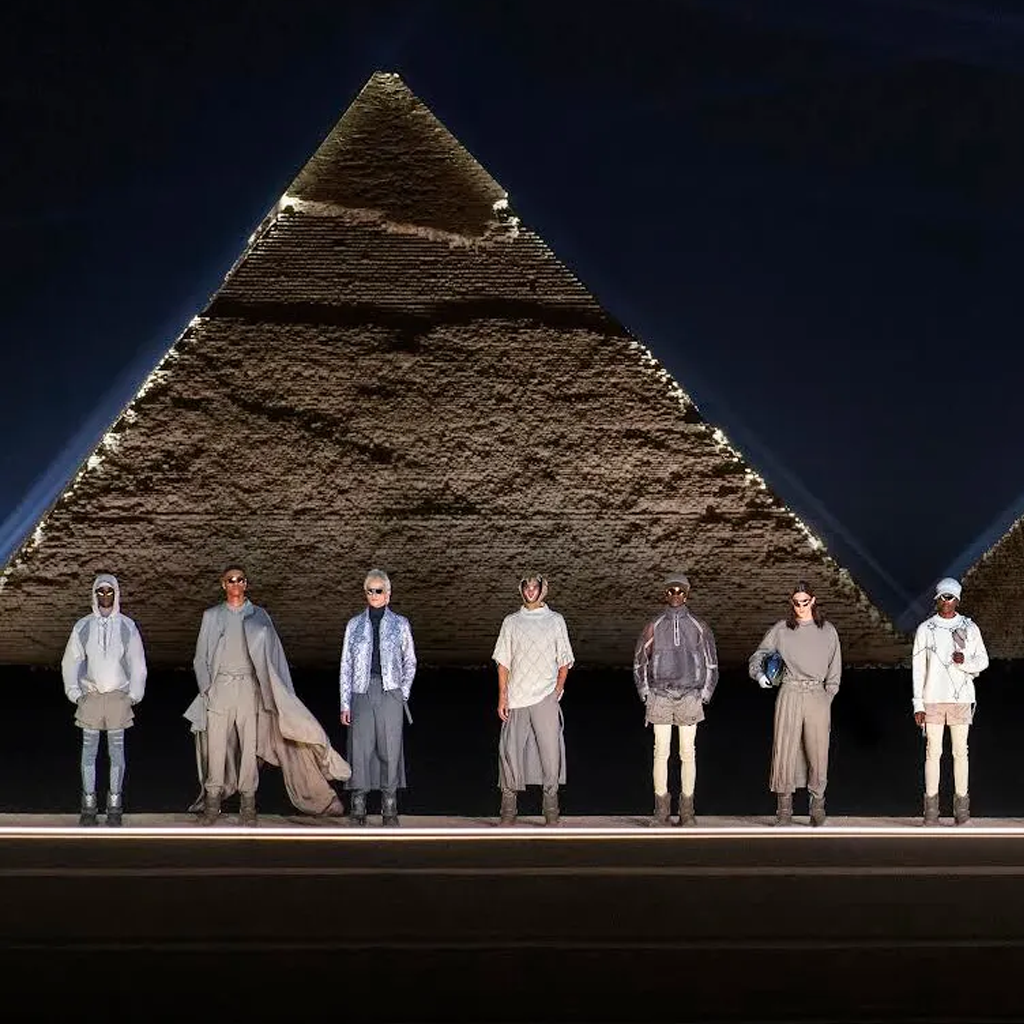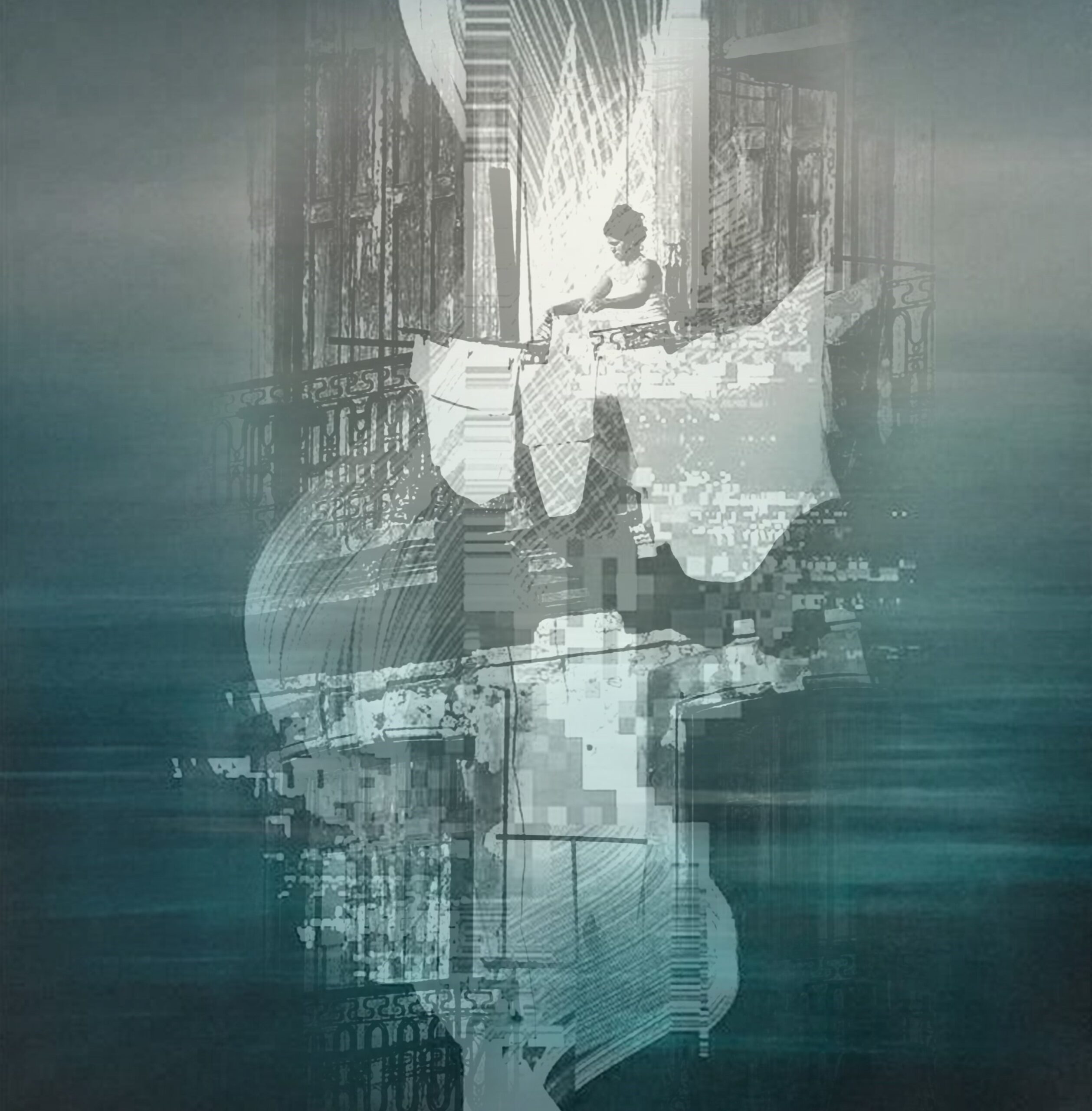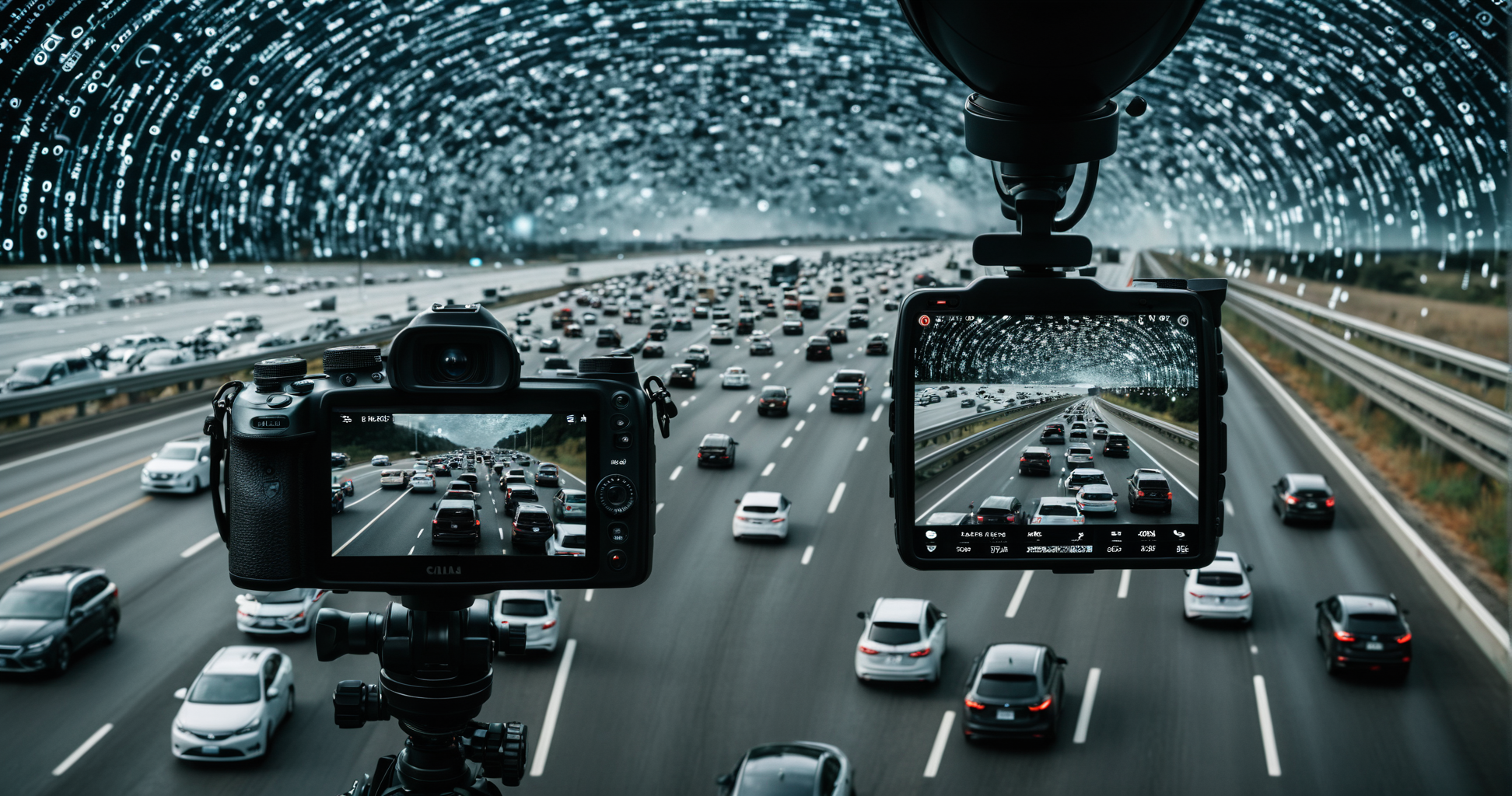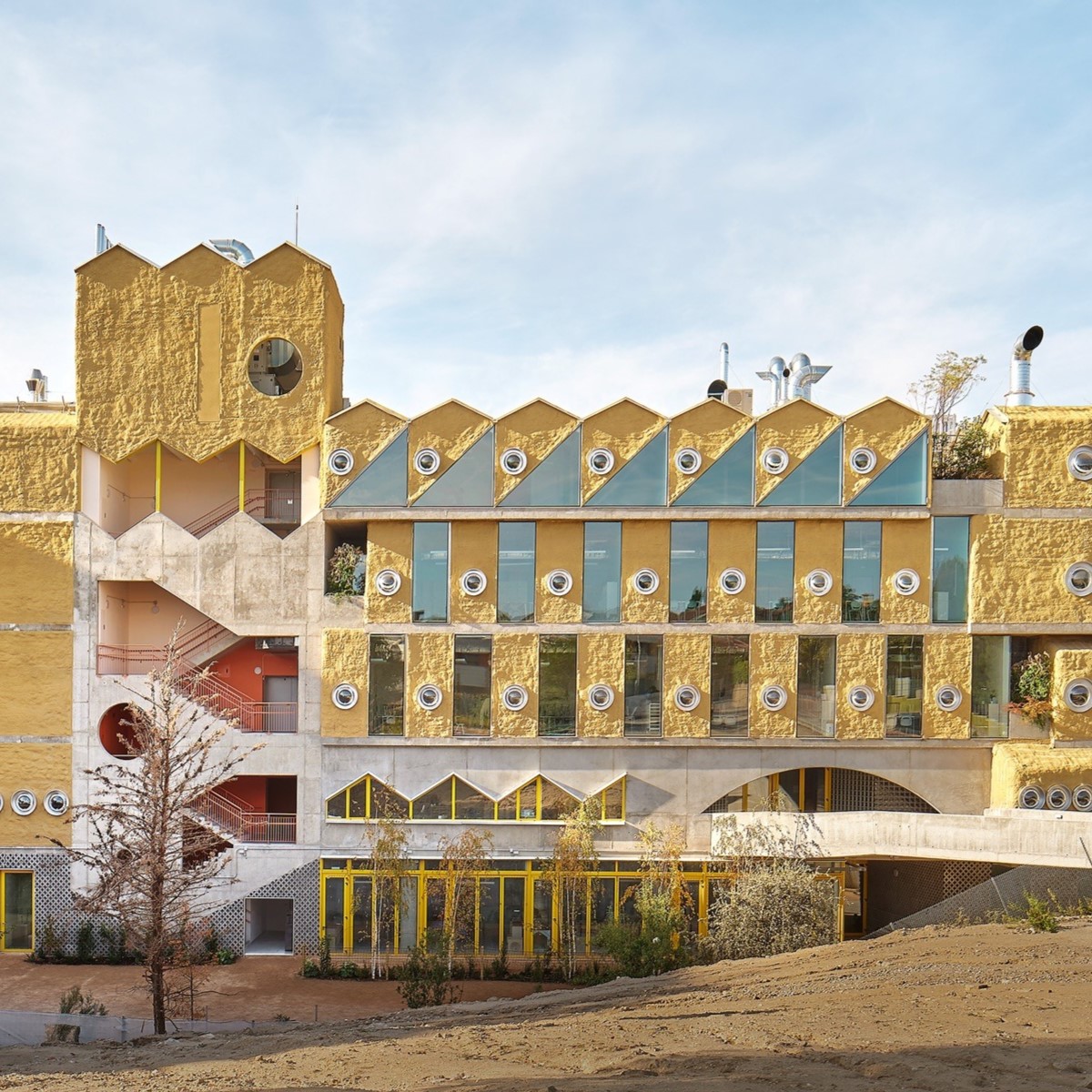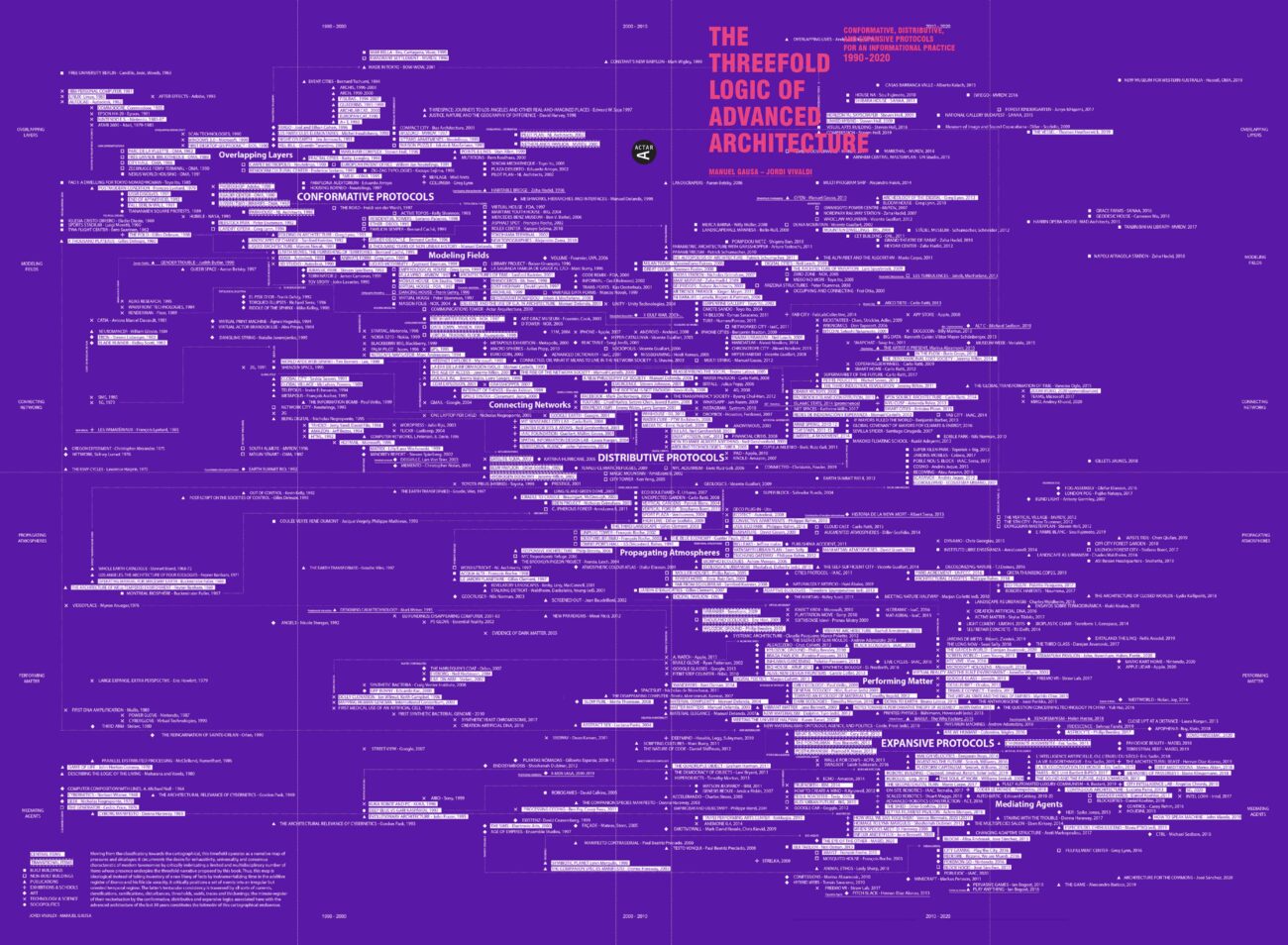
Credits: Manuel Gausa, Jordi Vivaldi
The book The Threefold Logic of Advanced Architecture has confirmed the evidence of a striking change of paradigms in the definition of our spaces of relation, interaction and sociability. These transformations are intimately associated with the embodied and accelerated growth of the technological capacity to process information, increase communication and multiply differential definitions of our environment(s).
Taking this work as a base camp, the seminar will investigate the new theoretical frameworks and challenges that, in the context of advanced architecture, this new decade will face. The term “investigation” comes from the Latin investigare, which derives from vestigium, meaning fingerprint. On the one hand, to investigate is equivalent to “going in pursuit of the fingerprint of something”, that is to say, “to go after the track of something” in order to discover it. On the other hand, to investigate also means to explore an uncertain epistemological domain in order to increase the field of knowledge on a certain matter.
Based on this twofold distinction, this seminar will have two main parts. The first one will be delivered in the format of lectures, and will consist in the presentation and discussion of the argument of The Threefold Logic of Advanced Architecture. This will be the base from which the second part of the seminar will depart; delivered in the format of desk crits and with the students as main protagonists, this part will consist in the invention and cultivation of a fictional dialogue – an earthly convivium – involving different characters that, in light of the proposed bibliography, debate some of the key substantial questions that populate the multidisciplinar landscape in which advanced architecture operates today.
The course is underpinned on The Threefold Logic of Advanced Architecture, (Actar Publishers, 2020), and will be delivered in the format of lectures, workshops and critical discussions. However, the target does not consist in reaffirming its text, but in constructing a critical approach towards Advanced Architecture that on the one side, enters in conversation with the proposed bibliography, and, on the other side, focuses on how it transcends, expands, increases, interrupts, deviates or insists on the main concepts of the book The Threefold Logics of Advanced Architecture.
Learning Objectives
At course completion the student will:
- Familiarise with and understand the complexity of the different phases of the whole process of an academic investigation;
- Critically Analyse texts and documents;
- Develop analytical thoughts, conclusions and reasoning during the investigations;
- Know-how necessary to extract a few theoretical principles as a conclusion in any kind of research;
- Write and present a theoretical dialogue that demands to understand various postures and the arguments that each one of them maintain with respect to a contemporary issue directly or indirectly connected to architecture.




